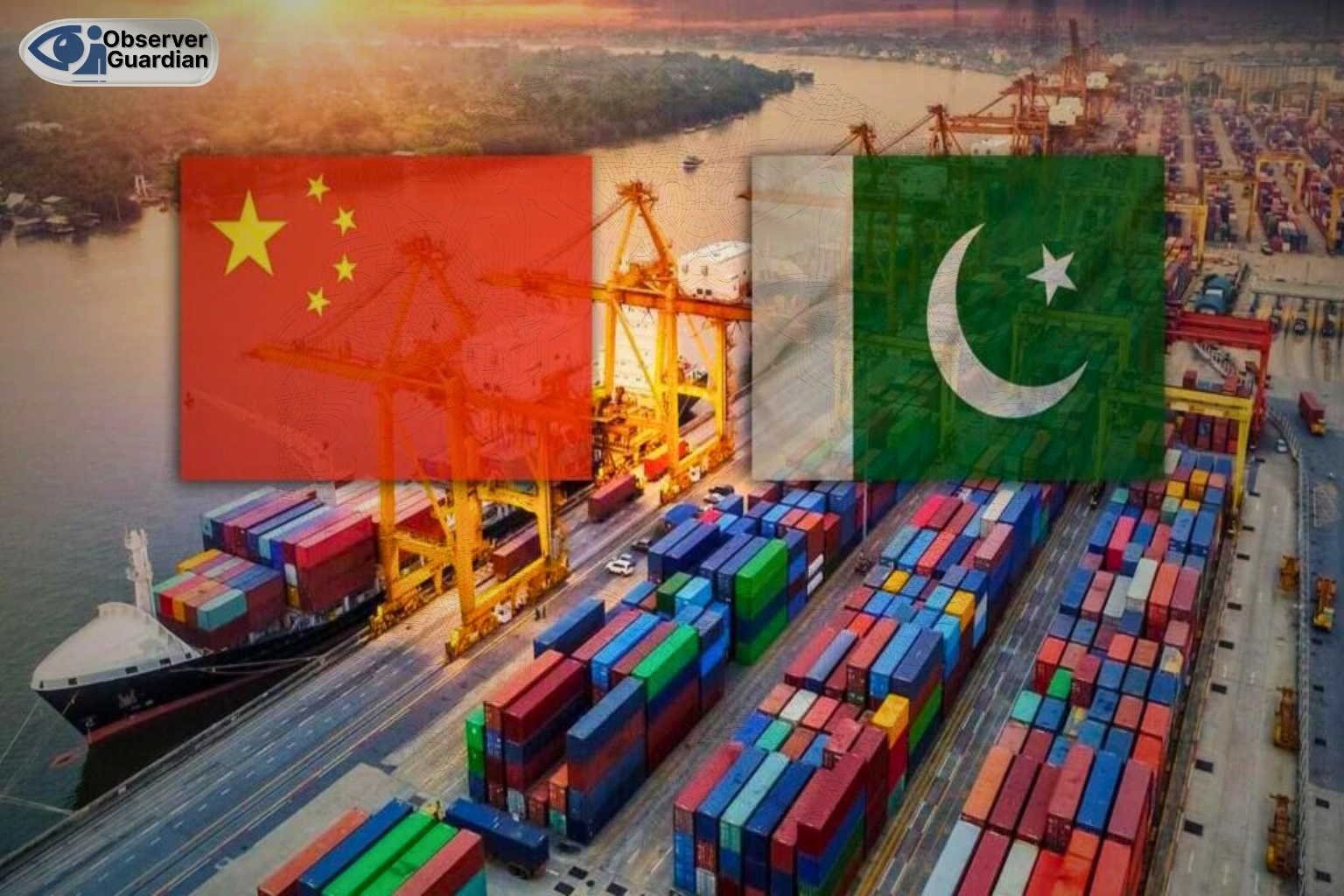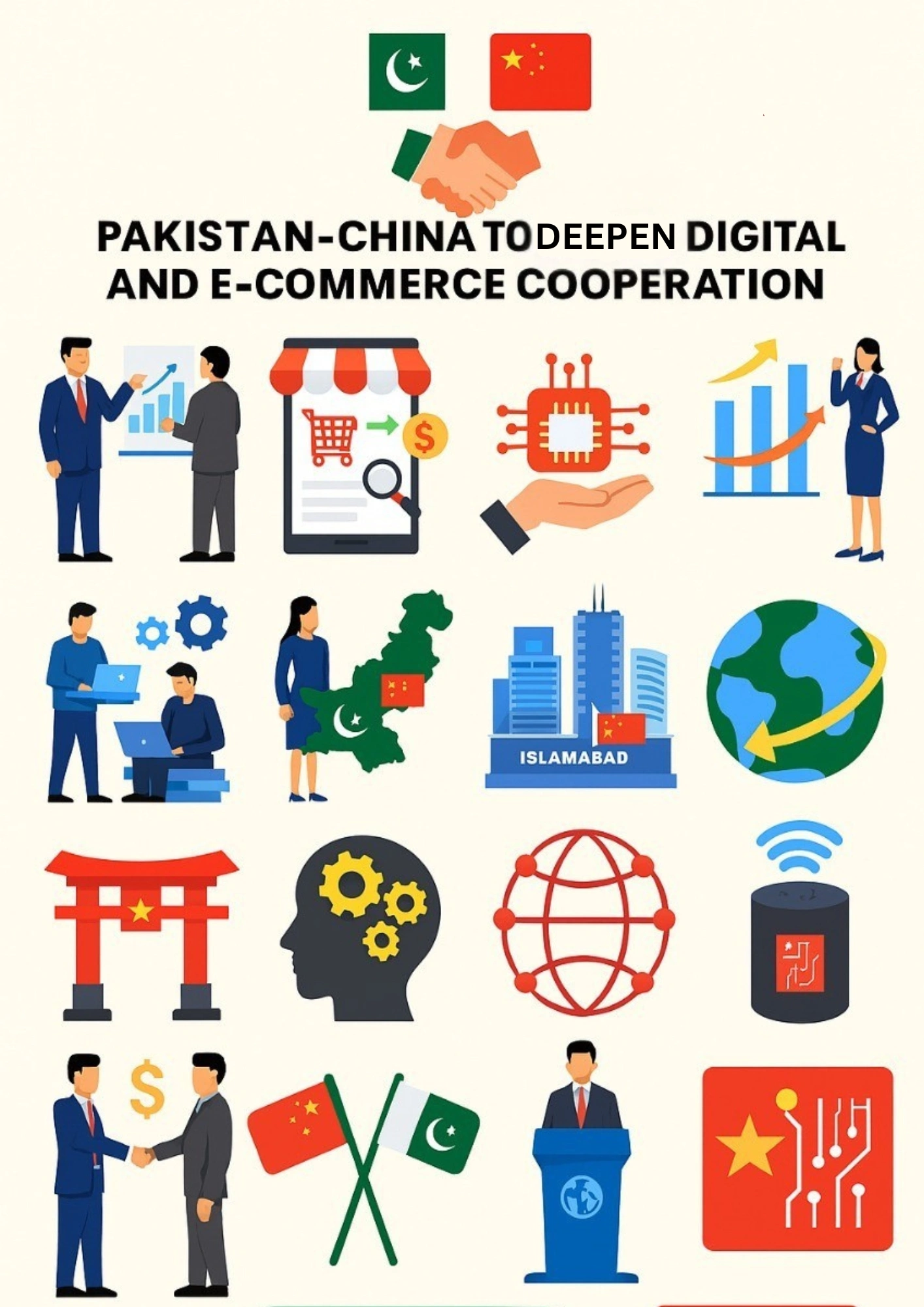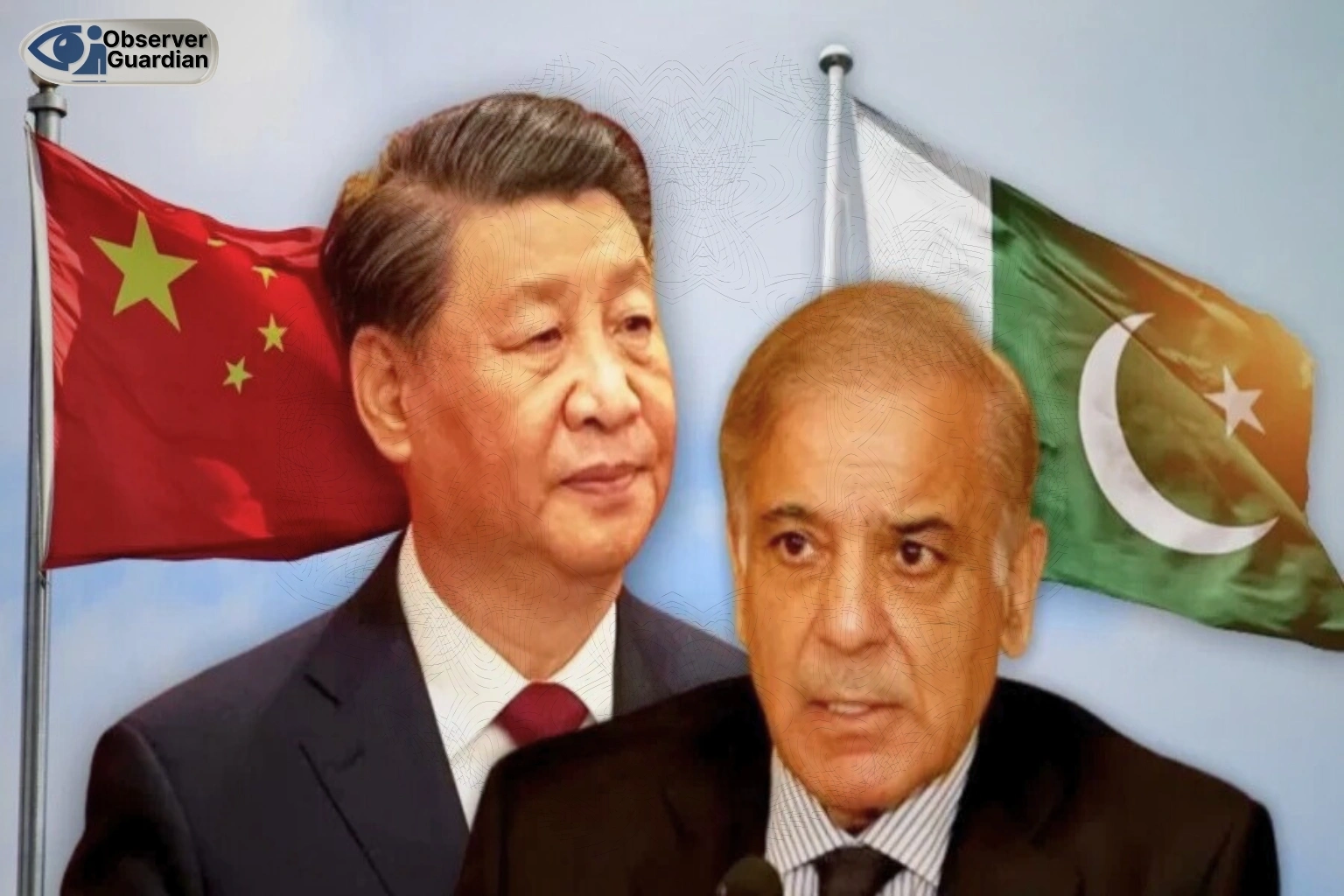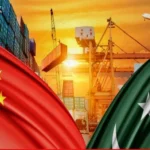At a recent session hosted by the Pakistan China Joint Chamber of Commerce and Industry (PCJCCI), the conversation circled around something that has been building for years: how Pakistan and China can work more closely in the digital space. It was not just abstract talk either. Notably, people in the room pointed out that Chinese firms are already setting up offices and even production units in Pakistan, especially in Islamabad’s Special Economic Zones. The real question was how to build on that momentum and make Pakistan a serious digital hub in the region.
Zafar Iqbal, the acting president of PCJCCI, was clear. If Pakistan wants to keep pace, it needs joint ventures and policies that do not just invite Chinese companies in but also create space for local startups to learn and grow.
A lot of Pakistani entrepreneurs are already borrowing ideas from China’s e-commerce playbook, particularly in payments, logistics, and scaling technology. Think of it as watching how Taobao, JD.com, or Alipay cracked their challenges and then adjusting those lessons to fit local realities.
Interestingly, this is not just about copying. It is about learning how to build systems that can handle millions of small transactions, keep deliveries efficient, and make customers trust digital payments.
Therefore, Pakistan’s e-commerce sector is still finding its footing, and Chinese experience helps cut down on the trial and error phase.

Chinese footprint is growing
The Chinese presence is not hypothetical anymore. Offices, tech setups, and production units are being planted in SEZs, and Islamabad has become the focal point for much of this activity. These are not just symbolic moves. They create jobs, speed up knowledge transfer, and bring in expertise that local companies can plug into. Moreover, it is the kind of groundwork that makes long-term partnerships possible instead of one-off deals.
One of the more ambitious points raised was the idea of Pakistan becoming a regional digital gateway. The thinking is straightforward that if the infrastructure is built right, Pakistan could connect digital trade between South Asia, the Middle East, and even parts of Africa. With its young, tech savvy population and improving internet access, it is not farfetched, but it will take deliberate planning.
For China, this fits into the larger Belt and Road framework, where digital connectivity is becoming as important as physical roads and ports. For Pakistan, it is a chance to stop being just a consumer market and start positioning itself as a digital corridor.
The session acknowledged some tangible progress, especially in payments, logistics, and core technologies. Mobile wallets, digital payment gateways, and improved delivery networks are becoming more mainstream. It might not feel like a revolution yet, but these are the building blocks of a bigger digital economy. For a country where so many people still do not have access to traditional banking, these changes could reshape financial inclusion over time.
Salahuddin Hanif, the Secretary General of PCJCCI, reminded everyone that Pakistan cannot afford to watch the global digital revolution from the sidelines.
It is not an add-on industry anymore. In fact, it is what drives innovation and economic inclusion everywhere. That means Pakistan must make sure its digital growth does not stop at big cities like Karachi, Lahore, or Islamabad. Extending these services to smaller towns and rural areas is just as important, or else the benefits will stay concentrated among the already connected.

The chamber has committed to smoothing the process for investment and knowledge exchange, which basically means cutting red tape and making it easier for Chinese investors to work with local partners. That matters because money alone would not fix the gaps. Startups need access to mentorship, technology, and global networks just as much.
Nobody in the room pretended this would be easy. But there was broad agreement on one thing: China is already Pakistan’s biggest digital partner, and that role is only going to grow. The challenge for Pakistan is to make sure the partnership does not become one sided. If more Chinese companies set up shop here and local entrepreneurs can learn from and work with them, then the benefits could go well beyond e-commerce.
What came out of this session was not a brand new idea, but a clearer vision. Pakistan wants to be a player in the digital economy, not just a market for foreign apps and platforms. To get there, it is leaning on Chinese expertise while trying to build its own capacity. If things go right, the impact could ripple outward, linking Pakistan digitally with regions it has always traded with physically.
Disclaimer: The views and opinions expressed in this article are exclusively those of the author and do not reflect the official stance, policies, or perspectives of the Platform.







